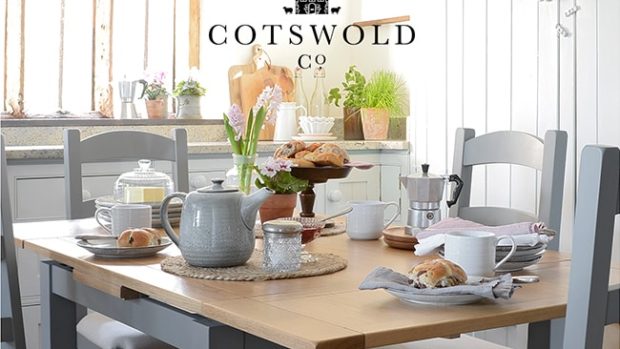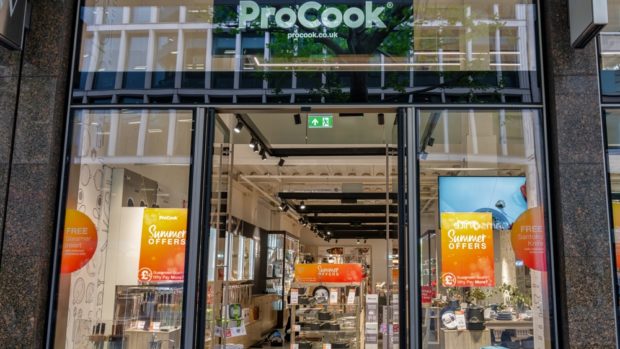Emma Mattress, has reported its biggest grossing quarter in the UK since its launch in 2017, turning over £9.4million between 01 October – 31 December 2018, an increase of 170 per cent year-on-year for the quarter.
Boosted by a strong Boxing Day performance, Emma Mattress’ Boxing Day sale saw the bed-in-a-box brand selling one mattress every two minutes during the 12-day promotion, generating £4.4million from the discounting event. Emma Mattress’ UK revenues have remained strong throughout the year, ending with a 246 per cent growth in turnover year on year and contributing towards parent company Bettzeit Group’s annual revenues of €79million.
British co-founder of Emma Mattress, Benjamin Quiroga-Rivera, said: “Emma’s positive results are testament to our profitable and sustainable business model, which focuses on product quality, investment in R&D and efficiency when it comes to marketing spend. This comes at a time where some within the industry – and within investor communities – are questioning whether the online mattress bubble has burst and if it is possible to grow a successful mattress brand without burning a significant amount of money.”
“These concerns,” he continued, “have been borne out of the unsustainable strategies being adopted by our well-funded European bed-in-a-box competitors. Spending heavily on advertising and building a brand at the expense of marketing efficiency and product quality, is simply way to burn out quickly. That’s why, at Emma Mattress, we’re proud to be bucking the trend and proving that, with a sustainable, long-term business model and a commitment to R&D and product development, the online mattress market can continue to thrive.
Commenting on the market outlook, he said: “We have already seen the warning signs for those bed-in-a-box brands who do not operate a profitable and sustainable business model. For those competitors who continue not to heed these warning signs or are simply unable to turn their business model into a profitable format, we expect to see consolidation or dropouts within the bed-in-a-box market in 2019.”








Share